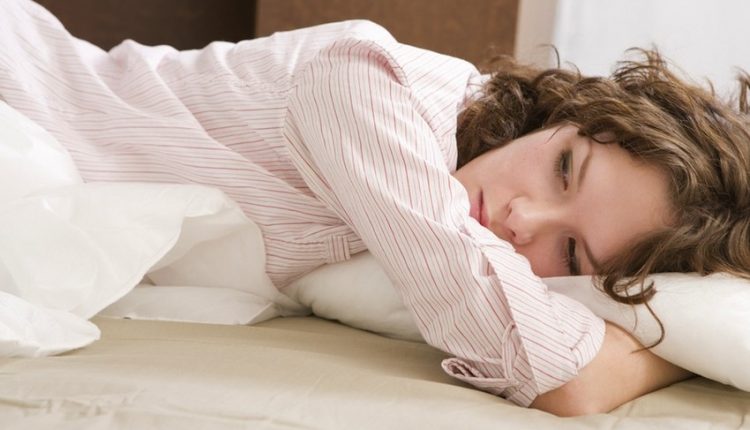
Tired And Sad: The Link Between Insomnia And Depression
Worldwide studies suggest that up to 50% of people are living with insomnia, making it the second most prevalent mental disorder. Disruption to your sleep, such as insomnia, is a symptom of depression, and a lack of sleep can be a trigger for mood problems, including depression, creating a vicious cycle that can be difficult to escape.
Research into depressed people’s brains
In 2018 researchers from the University of Warwick, UK, and the Fudan University, China, analyzed data from 10,000 participants, looking at neural mechanisms that are associated with depression and sleep quality. They discovered that the brains of people with depressive symptoms had a strong connection between the dorsolateral prefrontal cortex, associated with short-term memory, the precuneus, associated with the self, and the lateral orbitofrontal cortex, associated with negative emotions. This research can help to revolutionize the way the two are treated.
Better sleep improves mood
The link between sleep and mood is well established and it makes sense that getting more and better quality sleep results in improvements in mood. Lack of sleep impairs how well you can regulate emotions and think. Therefore, more sleep can help you to recognize and understand your thoughts clearer and process them better. Research into people with diagnosed mental health disorders showed improvements once they slept more, according to Lancet Psychiatry. Research has also found that people who are natural night owls are at greater risk of depression when compared to those who wake early, which could be down to a circadian misalignment.
Improving sleep hygiene
Improving your sleep hygiene can help to get a better night’s sleep, which can help with your mood, and vice versa. It’s important to have a comfortable sleeping environment and that starts with the comfort of your bed and mattress. A Nuvanna mattress review explains that the right sleeping environment is essential in dealing with stress. The mattress focuses on motion control, support and cooling. Another option is the Nectar mattress, which uses a gel foam and breathable cover that lets you sink into the mattress without feeling stuck, making it easier to reposition.
Insomnia and depression are a chicken and egg scenario where it’s often unclear which occurred first, but it’s well documented that the two are entwined. Improving one will improve the other. Research is starting to find better links between the two that can help with treating both disorders.

